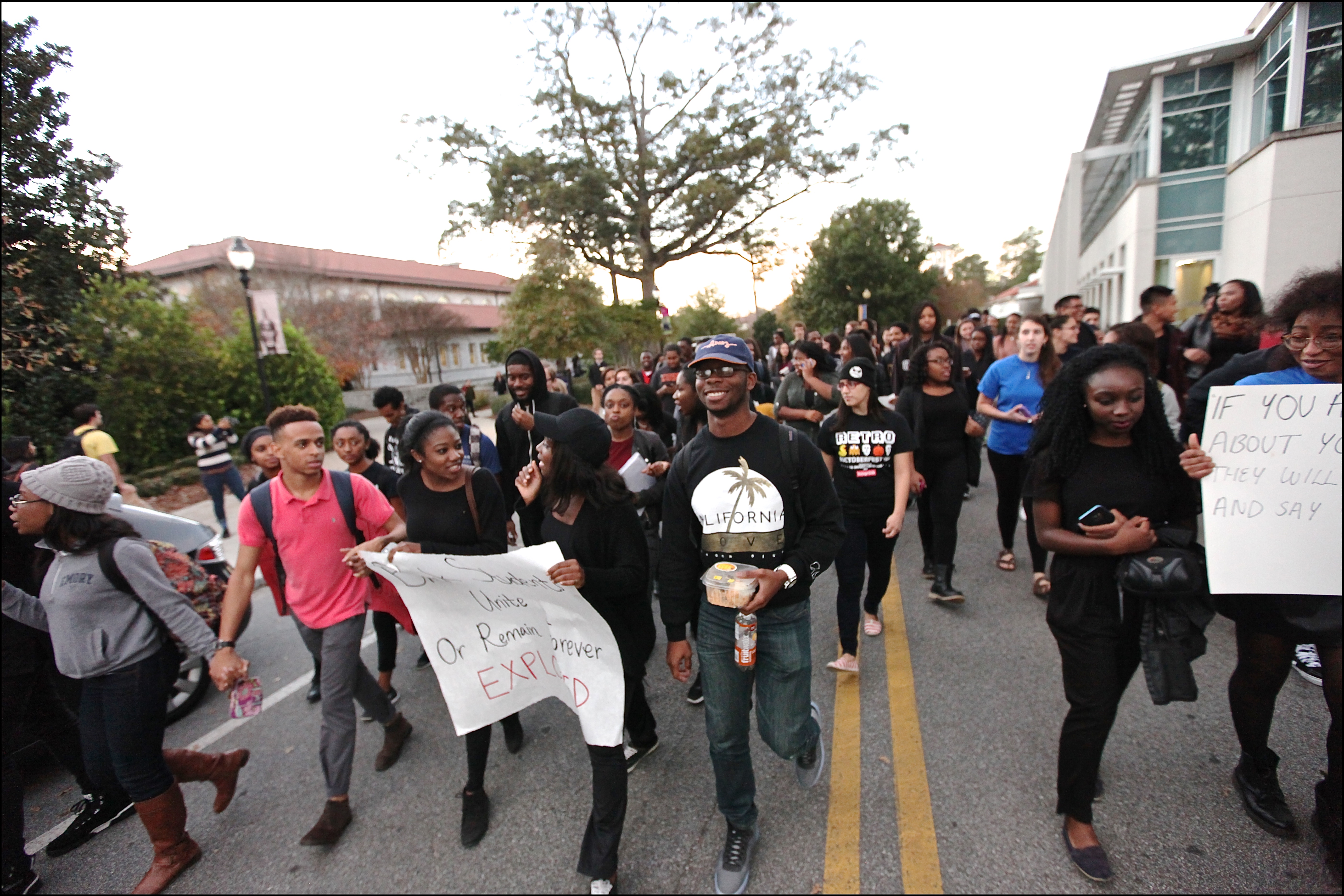As a chaotic, partially online semester is finally over, Emory’s administration is now weighing the costs and benefits of continuing online instruction in the fall against concerns ranging from student and faculty health to students’ financial situations. However, administrators must incorporate a less-obvious, yet enormously consequential, issue into their decision-making process: cheating.
The virtual spring semester was unplanned, so the administration’s failure to implement uniform test-taking procedures to prevent cheating in an online environment is perfectly fair. Given an entire summer to plan for the upcoming semester, however, the University must consider cheating and its mitigation if we continue with online learning in the fall. If classes are held virtually, the administration must standardize testing procedures to cultivate a healthy and level learning environment.
Administrators’ duty to the University’s academic health obliges them to prevent cheating as much as possible, lest cheaters corrode the fabric of academic integrity. For example, curved classes disadvantage individuals unwilling to cheat and reward the dishonest with higher-than-deserved grades. Even in non-curved classes, endemic cheating undermines completion of the course as a credible indicator of ability level. Employers and professors in subsequent classes will question whether a student’s grade arose from hard work and legitimate understanding of the material or simple deceit. Emory must recognize the consequences of systematic cheating and if it cannot mitigate cheating with an effective and equally applicable solution, then classes should not be held virtually next semester unless absolutely necessary.
Remote learning is often fraught with cheating, as without mechanisms to actively prevent and police it, students will not give academic honesty the respect it deserves. In my own experience during both the virtual spring semester and my four years of online high school, cheating was a pervasive and harmful influence on the academic environment. Even last semester, one of my final exams was intended to be as difficult as the midterm, but students’ scores on the final grossly exceeded the latter. This strongly implies foul play; if anything, grades should have been lower given the difficulties from COVID-19. I understand that as a student, it is hard for me to assess the difference between grades that increase due to cheating or due to hard work, but having spent over five years in an online learning environment, I can attest that cheating, more likely than not, is occurring. The only real question is: to what extent?
The administration must address such dishonesty at an institutional level; virtual test taking requires new ways for Emory to catch cheating because methods such as teaching assistants patrolling the testing environment, scrambled test copies and collecting phones and electronic devices do not work in an online format. Fully eliminating cheating anywhere in an online environment is likely impossible — professors simply cannot completely control testing conditions in a virtual environment. Therefore, Emory should aim to prevent convenient cheating, which is to say students who cheat only because they’ve been given the opportunity to do so. By instituting basic but universal measures, the University could broadly mitigate a culture of cheating within the online classroom.
The University need not use draconian measures to cut down on cheating. For example, committing to open-book exams would disincentivize obtaining illegitimate help, as students would differentiate themselves on the basis of their skills and understanding rather than memorized or procedural knowledge. Furthermore, professors could proctor the class synchronously via Zoom for those with strong internet connection and in the U.S. For international students and those with poor internet taking the exam, a recorded private Zoom meeting could be utilized. Such measures are effective at stopping most would-be cheaters of convenience and would equalize students’ access to outside information, monitor their behavior and make cheating more difficult. More invasive measures, such as systems that flag a student for breaking eye contact with the screen or require students to show their whole room are overly sensitive, heavy-handed and still will not prevent a resourceful and prepared cheater.
If the administration makes the decision to return to physical classes in the fall, then this discussion is fortunately moot. But if not, the University must commit now to uphold standards of academic honesty and if Emory cannot balance student privacy with academic integrity, then the threat of academic dishonesty should seriously influence Emory to hold physical classes.
Sean Anderson (19Ox, 21B) is from Atlanta.
Sean Anderson (19Ox, 21B) is from Atlanta and is dual-concentrating in accounting and information systems and operations management at Goizueta Business School. In his free time, you’ll catch him jogging in Lullwater Preserve, photographing nature and reading about history.




